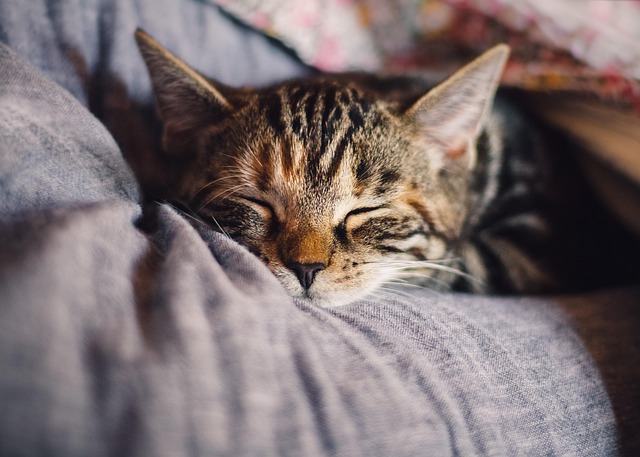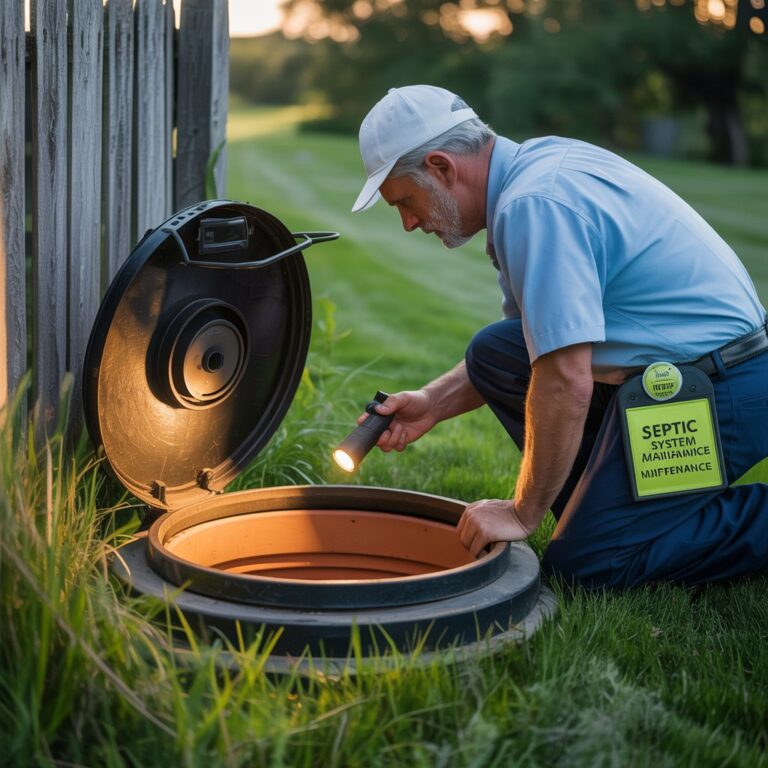Quick Answer: Do Cats Snore in Their Sleep?
Yes, cats can snore in their sleep—and in many cases, it’s perfectly normal. Snoring can simply be a sign your cat is relaxed and deep in slumber. But if the snoring is sudden, loud, or paired with other symptoms like coughing or nasal discharge, it may signal an underlying health issue.
This article answers the common question: Do cats snore in their sleep? We’ll help you understand why it happens, which breeds are more likely to snore, and when you should be concerned.
Let’s explore what’s normal, what’s not, and when to check in with your vet.
What Is Snoring in Cats, Exactly?
Snoring happens when air causes soft tissues in the upper airways to vibrate. This produces a low, rattling sound, especially during deep sleep (REM). Some cats may snore occasionally, while others make a habit of it. Snoring isn’t the same as labored breathing or wheezing, which can point to something more serious.

Do Different Cat Breeds Snore More Than Others?
Certain breeds are more prone to snoring due to their anatomy:
- Persian, Himalayan, Exotic Shorthair — flat-faced breeds with short nasal passages
- British Shorthair — heavier builds, more sedentary lifestyle
- Maine Coon — larger cats may snore if overweight
Flat-faced cats tend to have more upper airway noise even when healthy. So if you’re wondering, “Do cats snore in their sleep more if they’re a certain breed?”—the answer is yes.
❄️ Seasonal Snoring: Does Weather or Temperature Matter?
Yes. Changes in air quality and humidity can impact how freely your cat breathes:
- Dry winter air can dry out nasal passages
- Spring/summer allergies can increase congestion and sneezing
- Use humidifiers in winter and air purifiers in allergy seasons to reduce snoring
Common Reasons Why Cats Snore in Their Sleep
Normal Causes:
- Sleeping Position: Curled tight or sprawled flat, certain poses compress the airways.
- Deep Sleep Cycle: During REM sleep, relaxed muscles and tissue vibration can cause snoring.
- Warmth & Relaxation: Cozy, secure environments promote deep, snore-filled naps.
Breed-Specific Snoring:
- Flat-faced breeds (e.g., Persians, Himalayans, Exotic Shorthairs) are more prone due to brachycephalic anatomy.
Overweight Cats:
- Extra fat around the neck and throat can narrow airways, making snoring more likely.
Mini Tip: Gently press around your cat’s sides. If you can’t feel the ribs easily, it may be time to ask your vet about weight management.

Snoring vs. Other Noises Cats Make While Sleeping
| Sound | Description | Is It Normal? | Action |
| Snoring | Low, rhythmic nasal sound | Yes | Monitor |
| Wheezing | High-pitched, labored | No | Vet visit |
| Chuffing | Soft, rapid huffs | Yes | No action needed |
| Gurgling | Wet or raspy | No | Immediate vet care |
This quick chart helps pet parents interpret nighttime sounds.
Can You Stop a Cat from Snoring?
While you can’t always eliminate snoring, you can reduce it:
- ✅ Keep your cat fit and active
- ✅ Use air filters and keep their space clean
- ✅ Elevate their bed or change sleep positions
- ❌ Avoid using human nasal sprays or medications
If you’re still asking “Why do cats snore in their sleep, and can I stop it?”—the key is to focus on healthy lifestyle changes and a comfortable sleeping space.
When Is Snoring a Sign of a Health Problem?
Snoring becomes a concern when it appears suddenly or alongside other symptoms.
Warning Signs:
- Chronic sneezing, wheezing, or coughing
- Discharge from nose or eyes
- Labored breathing, even when awake
- Reduced appetite or activity
- Sleeping upright to breathe easier
⚠️ Call the Vet If You Notice These Red Flags
- Snoring gets louder or more frequent
- Occurs while awake
- Accompanied by other signs of respiratory distress
Health Issues That Can Cause Snoring in Cats
| Health Issue | Symptoms | Treatment | Urgency |
| Upper Respiratory Infection (URI) | Sneezing, eye/nose discharge | Antibiotics, fluids | Medium |
| Asthma | Wheezing, coughing, fatigue | Inhalers, steroids | High |
| Nasal Polyps | Noisy breathing, nasal blockage | Surgery | Medium |
| Allergies | Snoring, skin irritation, sneezing | Antihistamines, diet change | Low-Medium |
| Obesity | Snoring, fatigue | Diet, portion control | Medium |
Does Age Play a Role in Cat Snoring?
Yes. Senior cats may snore more due to decreased muscle tone and a tendency to gain weight. Older cats are also at increased risk for asthma, dental problems, and chronic nasal inflammation, which can all contribute to snoring.
Regular senior wellness exams can help detect these issues early.
Should You Let a Snoring Cat Keep Sleeping?
If your cat is snoring softly and breathing normally, let them be. It means they feel safe and secure. However, if snoring is harsh, gurgling, or disrupting their rest, monitor them more closely.
When to Talk to a Vet About Your Cat’s Snoring
Use this quick checklist:
- Has your cat just started snoring?
- Does the snoring sound wet or harsh?
- Are there signs of a cold or trouble breathing?
- Has your cat’s behavior changed?
- Are you unsure and just want peace of mind?
If you answered yes to any, give your vet a call. Better safe than sorry.
How Vets Diagnose Snoring Causes
Vets may use:
- Physical exams to check for congestion
- Imaging (X-rays, CT scans)
- Rhinoscopy (scope into nasal cavity)
- Blood tests or allergy screening
At-Home Care and Prevention Tips
- Keep your cat at a healthy weight with measured meals and play.
- Use air purifiers or humidifiers to reduce allergens.
- Clean bedding weekly and vacuum often.
- Keep your cat hydrated with fresh water.
- Avoid aerosol sprays or smoke indoors.
Scientific Insight: What the Research Says About Feline Snoring
- Research on feline sleep is limited, but studies show REM cycles and airway vibration are similar to humans
- Brachycephalic cats are more prone to chronic airway resistance
- Weight gain and indoor allergens are leading contributors to feline snoring
Best Cat Beds for Better Breathing
Investing in the right bed can help:
- Orthopedic beds: reduce pressure on airways
- Elevated beds: improve airflow
- Cooling gel beds: reduce inflammation
| Bed Type | Benefits | Good For |
| Orthopedic | Supports joints & posture | Seniors |
| Elevated | Improves air circulation | All ages |
| Bolster | Promotes curled sleep | Small breeds |
Stories: My Cat Snores—Here’s What Helped
Luna the Persian’s Harmless Snore
Luna, a Persian cat, always snored when curled up. Her vet confirmed it was harmless and common among brachycephalic breeds. A cozy humidifier near her bed helped reduce nighttime noise.
Smokey’s Snore That Turned Out to Be Asthma
Smokey’s snoring grew louder and came with wheezing and fatigue. A vet diagnosed feline asthma. With prescribed inhalers and environmental changes, his breathing improved and the snoring stopped.
Bella’s Snoring Improved After Losing Weight
Bella gained weight during winter and began snoring loudly. Her owner worked with a vet to introduce playtime and a reduced-calorie diet. Over time, Bella slimmed down—and her snoring almost vanished.
Have a snoring cat? Share your story in the comments!
FAQs About Cat Snoring
Q: Do kittens snore in their sleep?
Yes, but it’s rare. Persistent snoring in kittens should be checked out.
Q: Is cat snoring the same as purring?
No. Snoring happens during sleep and involves the nasal passage, while purring is voluntary and rhythmic.
Q: Should I record my cat’s snoring to show the vet?
Absolutely! A recording helps vets assess the sound more accurately.
Q: Can allergies cause snoring in cats?
Yes. Seasonal or environmental allergies can cause congestion and lead to snoring.
Q: Are there sleep apnea machines for cats?
Not typically. CPAP machines are not common for cats. Weight loss or surgery is usually preferred.
✅ Key Takeaways
- Yes, cats snore—and it’s often harmless.
- Pay attention to sudden changes or signs of illness.
- Flat-faced breeds and overweight cats are more prone.
Regular check-ups, clean air, and a healthy weight can help reduce snoring.




